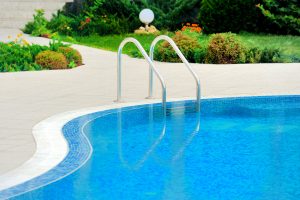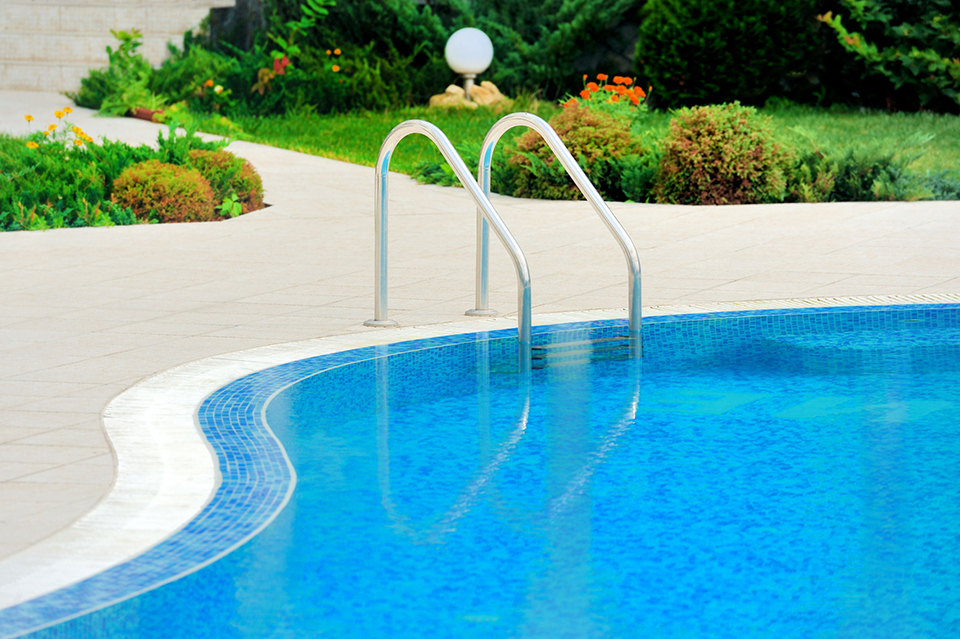Posts Tagged ‘preventing child injuries’
Tips for Keeping a Safe Swimming Pool in Massachusetts This Summer
 Your swimming pool is your backyard oasis, a fun and refreshing place to beat the heat. To keep children and others safe this summer, we urge Massachusetts property owners to secure and properly maintain pools at all times. Take these steps now to help prevent injuries and drownings:
Your swimming pool is your backyard oasis, a fun and refreshing place to beat the heat. To keep children and others safe this summer, we urge Massachusetts property owners to secure and properly maintain pools at all times. Take these steps now to help prevent injuries and drownings:
Secure your pool. In Massachusetts, pool owners are required to have fencing which stands at least 48 inches tall. Openings in the fence must be less than 4 inches in diameter. All doors to pool areas must have self-latching and self-closing devices. Homes with doors which open into the pool area must use pool alarms.
Walk around your pool fence now to look for areas which have been damaged. Make repairs right away.
Plan your pool barriers. Slow children down at every opportunity. Safety covers for pools and hot tubs are physical barriers and visual reminders which help keep children out. Remove pool ladders when you leave the pool. Lock them in pool sheds or other secured areas.
You can also place strategic barriers between your house and the pool or your neighborhood and your pool. For example, you could plant tall shrubs to restrict the line of sight from the street.
Landlines, not cell phones. Bring cell phones to the pool just in case. But set them aside so you don’t become distracted by them. Instead, rely on your portable landline phone. This is the best way to call 911. In Massachusetts, 911 calls made on cell phones are typically routed to State Police, then to a local police department or emergency response. You have to assume State Police do not know your location information until you tell them and this may delay response time.
Pool alarms. Purchase a pool alarm that will sound if anyone enters the pool area. There are many different types of alarms, including those which are triggered by movement in the water and others with wristbands you can put on your child. Do your research online and visit your local pool store for ideas.
Supervise children and teach them to swim. If you have children, teach them to swim as soon as you can. Sign them up for swim lessons each year so they continue to grow stronger. Sign yourself up for CPR and review the steps each summer.
Swim with young children, keeping them within your reach at all times. Supervise your children in the pool. If you have to leave the pool area, wait to leave together. No one else will ever watch your children with as much focus as you do.
Guests at your pool and your home. Limit the number of guests you invite to your pool and your home. If you are swimming with guests, your goal is to eliminate as many distractions as possible so you can watch your children and others swim. If you invite children, invite parents too. Watch children closely before and after they enter or exit the pool area.
You always have to be on guard if you invite people over, even if you are not inviting them to use the pool. If a young child was separated from their parents for whatever reason, could that child make it past your pool fence?
Set up an age-appropriate pool area. As children grow, each year is different. Try to delay some of the steps when it comes to the pool. For instance, you can remove your diving board so children will not be tempted. Many pool owners, even those without children, have chosen to retire diving boards because of the risk for serious head injuries if someone slips or hits their head.
Hold off on taking your child into the deep end until they are strong enough. Do not let anyone bring toys with small strings, cords or small pieces into the pool area. Remove rafts which are floating unattended so you can see every inch of the pool.
We are not saying don’t enjoy your pool. Just take it one step at a time and evaluate how you keep and secure the pool area on a regular basis.
Flotation devices. Invest in pool life jackets for your children. Make sure they are “Coast Guard approved.” Check online for reviews and product recalls on the Consumer Product Safety Commission website.
Preventing Drownings and Injuries
As a pool owner, you have a responsibility to keep your pool safe and clear from hazards to guests and children. If someone is injured in your pool due to your negligence, you could be held liable for their injuries.
- Drowning is the second leading cause of unintentional injury death for children age 1-4 (Centers for Disease Control and Prevention (CDC).
- Children under age 5 and those 15-24 have the highest rates of drowning (CDC).
- In 2014, there were 346 fatal drownings of children under 5 years old in the U.S., according to Pool Safely.
Young children are the most vulnerable around swimming pools. But they are not the only ones at risk around water. Summer comes and many of us let our guard down. Drownings can result when someone is swimming alone or without a lifeguard. According to the Centers for Disease Control and Prevention, about 4,000 people die each year by drowning. Adults can reduce the risk for injury by swimming in pairs and avoiding alcohol consumption when they swim. Teenagers should only swim with supervision.
The bottom line is pools are a responsibility. Drownings are 100 percent preventable. We must be vigilant all summer long to prevent drownings and it begins with keeping a safe and secure pool.
About Breakstone, White & Gluck
The Boston personal injury lawyers at Breakstone, White & Gluck have over 100 years combined experience representing those who have been injured in premises liability and swimming pool accidents. If you have been injured, learn your legal rights. For a free consultation, contact our attorneys at 800-379-1244 or 617-723-7676 or use our contact form.


